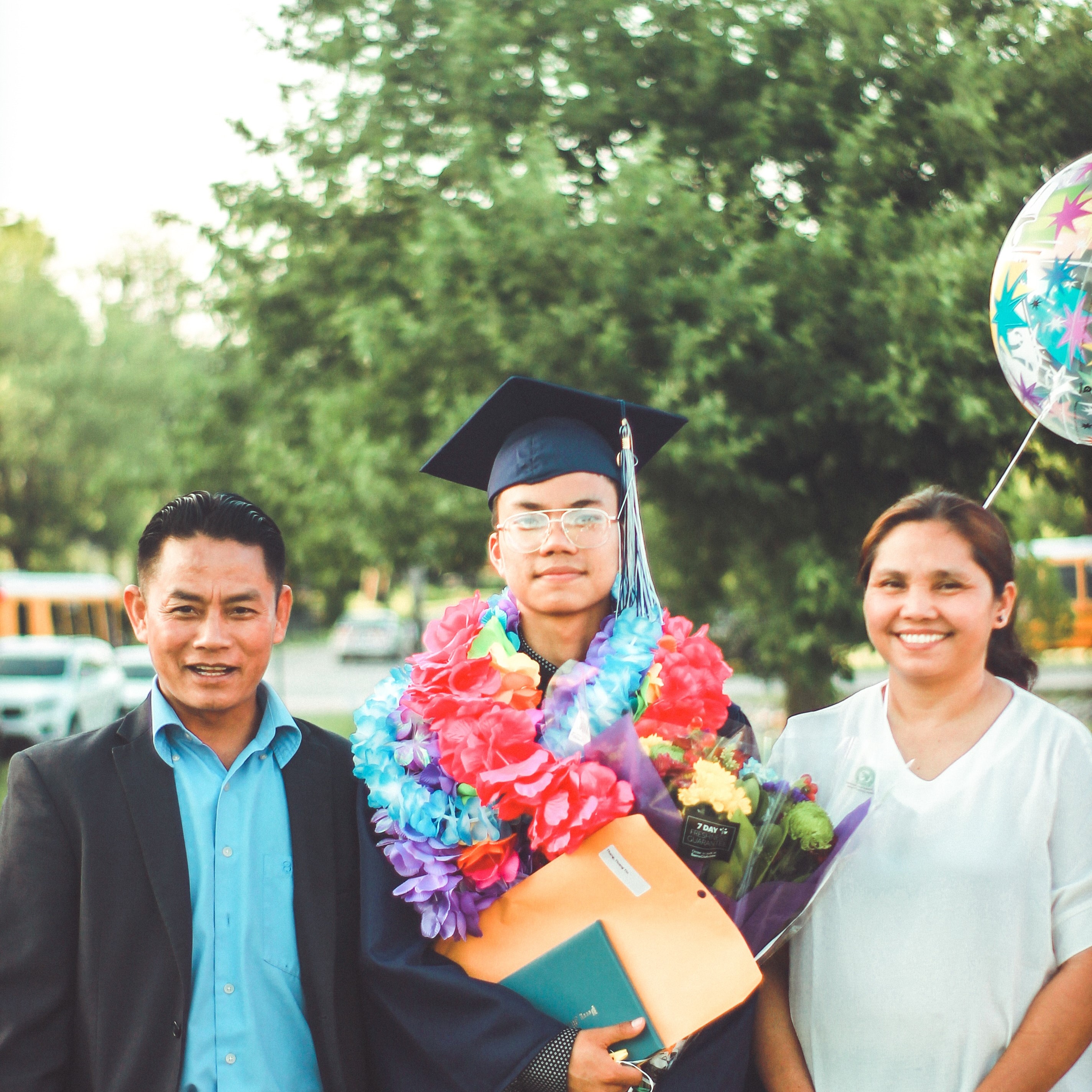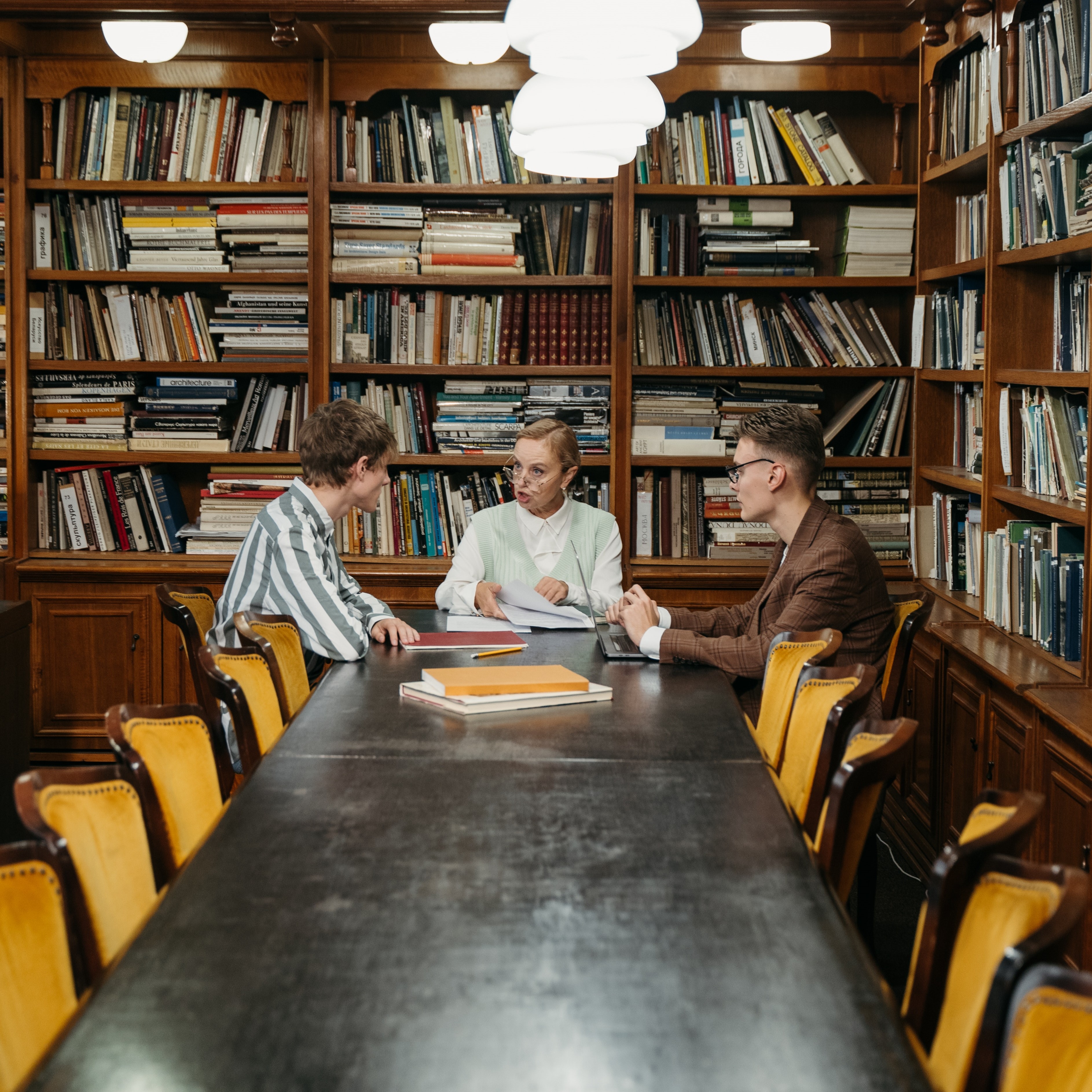



There’s no better way to find out what ELMU is like than to see it for yourself. Come along to one of our Open Days and you’ll get a brilliant insight into our friendly student community.
Explore campus life, find out about our fantastic courses and facilities, chat to staff and students, and discover the opportunities our award- winning institution has to offer.
We can’t wait to show you around.